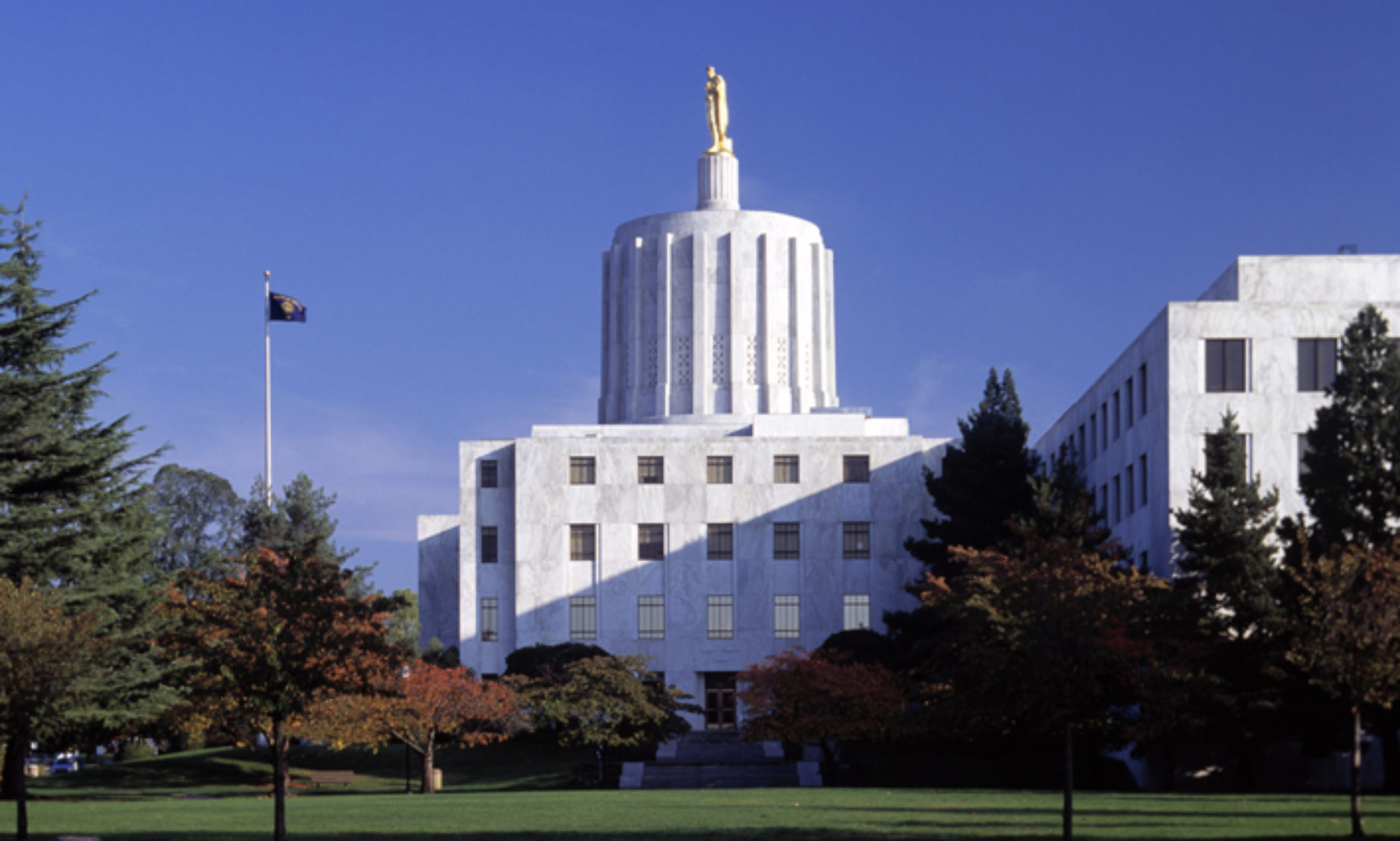By Larry Coonrod
Newport News Times
Posted: Friday, Feb 26th, 2010
Copyright 2010
News Media Corporation After publicly denying the existence of a completed evaluation form for the Newport city attorney and city manager, Mayor Bill Bain admitted this week that he destroyed the document in early January. It’s an admission that could have implications in a pending lawsuit by Dennis Reno, the city’s former airport director who was fired last October.
A reporter asked city councilors for copies of job evaluation forms they had completed for the two city executives at a Dec. 21, 2009 special session, after the council approved a new evaluation process. The News-Times and Depoe Bay Beacon submitted written requests for copies of the evaluations on Jan. 14 and 15.
During a Jan. 19 city council meeting, Bain said he had not received any completed evaluation forms from city councilors in response to a question about the public records requests filed by the News-Times and Depoe Bay Beacon.
“Nobody has turned any forms in to me,” the mayor proclaimed from the council dais.
However, Councilor Mark McConnell said last Friday that he had given Bain the completed evaluation forms a day or two before leaving on an extended vacation on Jan. 12 and had asked the mayor to “shred” them after the evaluation process was suspended.
“For good or for evil, that’s what I did,” Bain said. “I understand now that I probably shouldn’t have done that.”
Bain says he never opened the envelope McConnell gave him and couldn’t guarantee the papers inside were evaluation forms, “although I got to believe they were,” he said, adding that at the time he didn’t consider them public records.
Asked about his Jan. 19 claim of not receiving any completed forms, Bain said, “Constructively, I don’t think I did because I never looked at them.”
“That’s just absolute horse hockey,” said Jack Orchard, an attorney who advises the Oregon Newspaper Publisher’s Association on public record law. “The moment that document was prepared at public expense, it became a public document. Before it even got filled out, it was a public document. The fact that it was filled out in the course and scope of the councilor’s duties as a city councilor only underscored the fact it was a public document.”
Oregon public records law require elected officials receiving a public records request to respond in writing – citing the applicable law – if they choose to deny the request. The person making the request then has the option of appealing the denial to the local district attorney or in circuit court, depending upon the record.
It is a Class A misdemeanor under Oregon law to destroy a public record.
The city council halted the evaluation process of City Manager Jim Voetberg and City Attorney Penelope McCarthy shortly after Reno filed an 18-page tort claim notice on Jan. 7, 2010 alleging he was fired because of his stand “against corrupt political actions, overt waste of taxpayer money and state resources, and fraudulent maneuvers designed to avoid fair, open and legally required transparency…”
Most of Reno’s allegations center around the city’s effort to bring regularly scheduled airline service to Newport. Both McCarthy and Voetberg are named in the tort claim.
Bain said last month that the suspension of Voetberg and McCarthy’s evaluations was related to the tort claim, saying, “I don’t think we want to do anything that prejudices the case of the city.”
The tort claim advised the city of its obligation to preserve any papers or electronic files that could contain information related to the case.
McCarthy said she was not aware the mayor had shredded the evaluation forms until last week and plans to conduct training with the council on public records in the near future.
“I think there’s some confusion about what is and is not a public record. In fact I know there is,” she said.
Bain’s shredding of the evaluation form does not violate the city’s duty to preserve documents relating to the tort claim, the city attorney said. McCarthy said she supported halting the evaluation process because she felt that any criticism of the city manager’s management style by councilors could be used by Reno to support some of the claims in his tort claim.
Voetberg’s contract calls for a performance evaluation by April 1, 2010. To avoid creating evaluation documents that could become public, McCarthy said the council will modify the process to only allow oral evaluations. Evaluation discussions are conducted in executive session, which are not open to the public.
Reno’s attorney, Andrew Altschul, declined to comment on the destruction of the evaluation forms, but said he plans to follow up the tort claim by filing a lawsuit soon.
The Reno tort claim is available for viewing on the News-Time website at www.newportnewstimes.com.
Reporter Larry Coonrod can be reached at 541-265-8571 ext 211 or larry@newportnewstimes.com.
 ]]>
]]>
No related posts.
